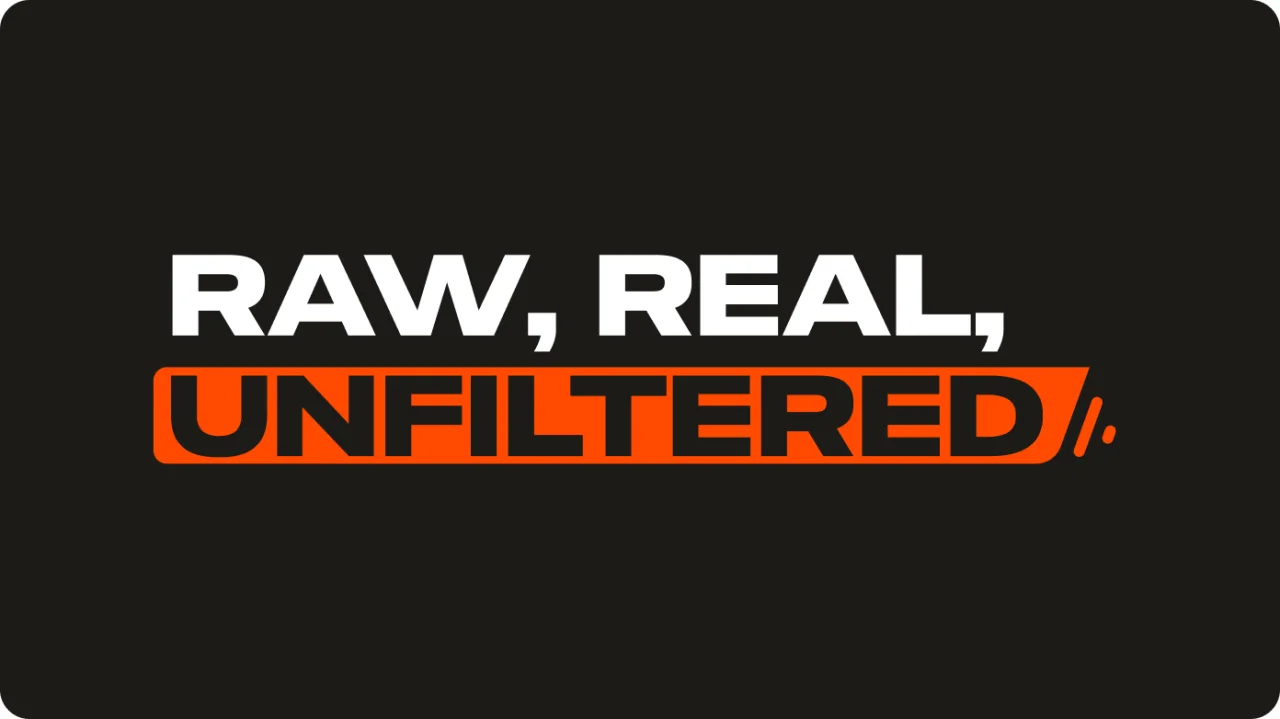Open a Business Bank Account
To stay on top of startup tax compliance, establish a bank account specifically and solely for your company. To avoid potential complications, do not intermingle personal funds, but use this account to deposit and withdraw business-related funds only.
Identify Your Employer Tax Obligations
As you get your business up and running, ensure you understand your specific employer tax obligations at the federal, state, and local levels. These obligations typically involve:
You may also need to pay excise taxes at the federal or state level.
Income and Self-Employment Taxes
Whether you need to pay self-employment taxes or your business needs to pay income taxes depends on its structure. Generally, C corporations are separate tax-paying entities, meaning they pay tax as a business structure separate from the owners. Then, after profits are paid to shareholders, those individuals pay tax again on their individual taxes. Other business entities do not pay taxes at the business level but pass income through to the individual owners, who pay tax on what they earn.
Self-employment taxes include:
Social Security
Medicare
Income taxes
In both circumstances, you pay these obligations through regular estimated tax payments.
Employment and Payroll Taxes
If you hire employees, you must also pay employment and payroll taxes, which you generally withhold from employee paychecks. Those taxes cover income tax and the same general programs as self-employment taxes, including:
Social Security
Medicare
Income
Unemployment
Among these taxes, employers typically withhold all except unemployment, which the business, not the employee, pays. The business pays a portion of the employee’s Social Security and Medicare taxes. If you pay any employee a salary of $200,000 in a year, you must also withhold a 0.9% additional Medicare tax. You may also need to withhold similar state taxes.
Sales and Use Taxes
Generally, you pay sales tax to the government where your customers are, not necessarily where you are. If you sell across state lines, learn about the many variations in sales taxes. You may be able to purchase software or hire assistance to comply with the many state and local sales tax variations.
Excise Taxes
The federal government imposes excise taxes on fuel, gas, and other transportation-related expenses. Some states also levy excise taxes, some on a much wider range of items, so it is crucial to look into your state’s laws.
State and Local Taxes
States often tax businesses, overlapping with the federal government in many ways, frequently including:
Income
Sales and use
Excise
Property
Your local government—city, county, or other municipal government—may also impose property and sales taxes.
Information Returns
Businesses that engage in certain transactions during the year must also file information returns. These transactions often relate to lending funds, rent, royalties, and financial services, including issuing stocks and paying dividends.
Additionally, regardless of what their business does, all partnerships file information returns every year. Partnerships use an information return to report income, deductions, and all other tax information for the partnership as an entity, separate from the individual partners. Forms K-1 are also issued to the individual partners reflecting their share of the partnership’s income, deductions, and credits.





